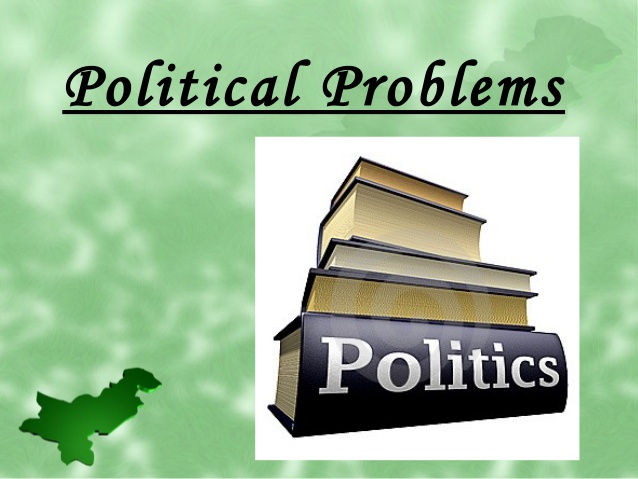Pakistan’s political landscape has been marked by a persistent struggle to establish a stable and effective governance system since its inception in 1947. The country has witnessed periods of democratic rule, military interventions, and political instability, raising concerns about the effectiveness and sustainability of its political system. This article delves into the problems plaguing Pakistan’s political system and explores potential solutions to foster a more robust and inclusive governance structure.
- Political Instability:
One of the foremost challenges facing Pakistan’s political system is the recurring bouts of instability. Frequent changes in government, whether through democratic processes or military coups, have hindered the development of consistent policies and long-term planning. The cycle of instability erodes public trust in political institutions and impedes the country’s progress.
Solution: Implementing electoral reforms to ensure a more transparent and accountable electoral process can contribute to political stability. Strengthening institutions that act as checks and balances on executive power, such as the judiciary and the Election Commission, is crucial for maintaining stability and ensuring the rule of law.
- Corruption:
Corruption remains a pervasive issue in Pakistan’s political system, undermining the effective functioning of institutions and impeding economic growth. The presence of corrupt practices erodes public confidence in the government and perpetuates a culture of impunity, where the powerful escape accountability.
Solution: Instituting comprehensive anti-corruption measures, including the establishment of an independent and empowered anti-corruption commission, can help combat corruption. Strengthening legal frameworks and ensuring swift and impartial justice for those involved in corrupt practices is essential for creating a deterrent effect.
- Ethnic and Sectarian Divisions:
Pakistan is characterized by its diverse ethnic and sectarian composition, leading to tensions and conflicts that often spill into the political arena. The failure to address these divisions has resulted in a fragmented political landscape, hindering the formation of a cohesive national identity.
Solution: Promoting inclusivity and tolerance through educational reforms and public awareness campaigns can help bridge ethnic and sectarian divides. Encouraging political parties to adopt inclusive policies and ensuring equitable representation in government institutions can foster a sense of unity and national identity.
- Military Intervention:
The history of Pakistan’s political system is marred by periods of military intervention, which disrupt democratic processes and undermine civilian authority. The military’s involvement in politics has perpetuated a cycle of instability and weakened civilian institutions.
Solution: Strengthening civilian institutions and reinforcing the supremacy of democratic principles is essential to curbing military interference. The establishment of a National Security Council with civilian oversight can help balance the role of the military in national security matters while preserving the democratic fabric.
- Economic Challenges:
The political system in Pakistan is intricately linked with economic challenges, including unemployment, inflation, and a widening wealth gap. Economic instability exacerbates social issues and can lead to political unrest.
Solution: Implementing sound economic policies that prioritize sustainable development, job creation, and poverty alleviation is crucial. Investing in education and skills development can enhance the workforce’s capabilities, fostering economic growth and reducing social disparities.
- Weak Local Governance:
The concentration of power at the federal level has often resulted in weak local governance structures. Local governments lack the autonomy and resources needed to address grassroots issues effectively.
Solution: Devolving power to local governments and ensuring adequate resources for them to function autonomously can strengthen the democratic process. Empowering local leaders to make decisions that directly impact their communities fosters a sense of ownership and responsiveness.
- Media Freedom:
Media plays a pivotal role in shaping public opinion and holding those in power accountable. However, concerns about media censorship and intimidation have raised questions about the freedom of the press in Pakistan.
Solution: Safeguarding media freedom through legislative measures and ensuring journalists’ safety is essential. A free and responsible media can contribute to informed public discourse, holding the government accountable and fostering transparency.
Conclusion:
Addressing the challenges in Pakistan’s political system requires a comprehensive and sustained effort from all stakeholders, including political leaders, civil society, and citizens. By prioritizing democratic values, strengthening institutions, and addressing social and economic issues, Pakistan can pave the way for a more stable, inclusive, and effective political system. The path to reform may be challenging, but the rewards in terms of national progress and prosperity are well worth the effort.


